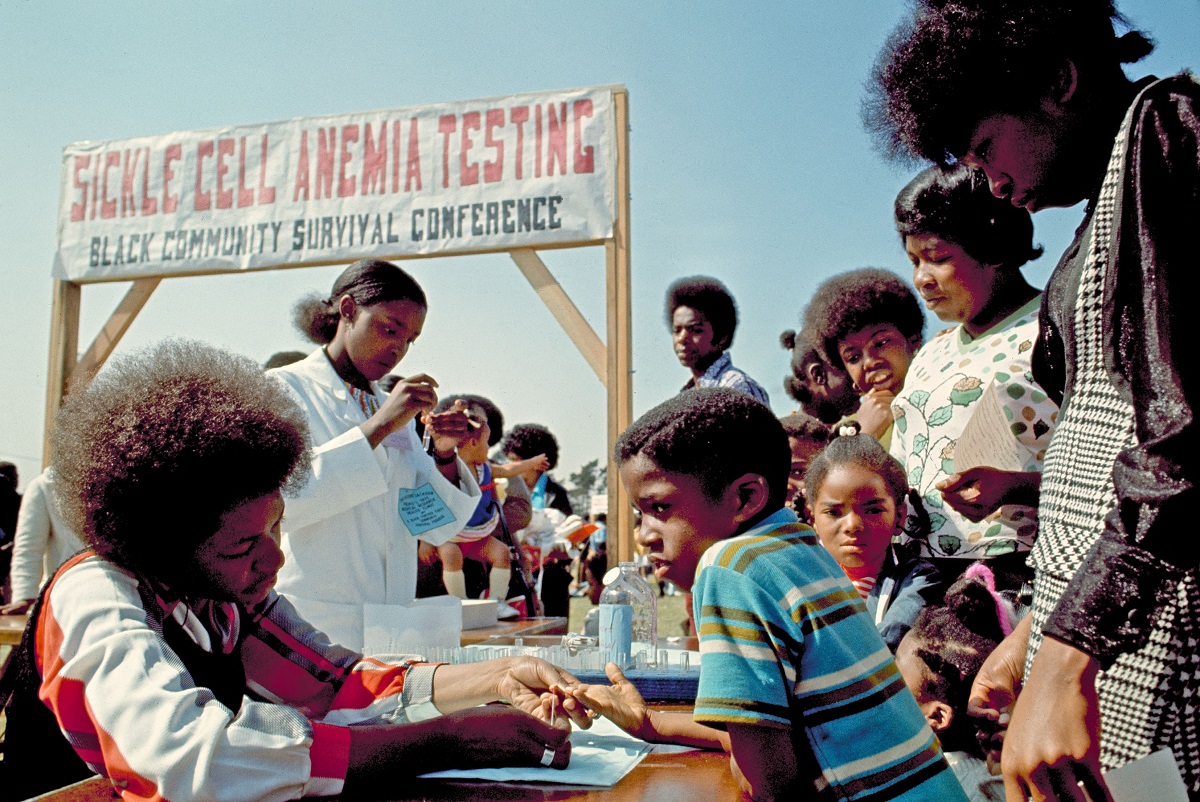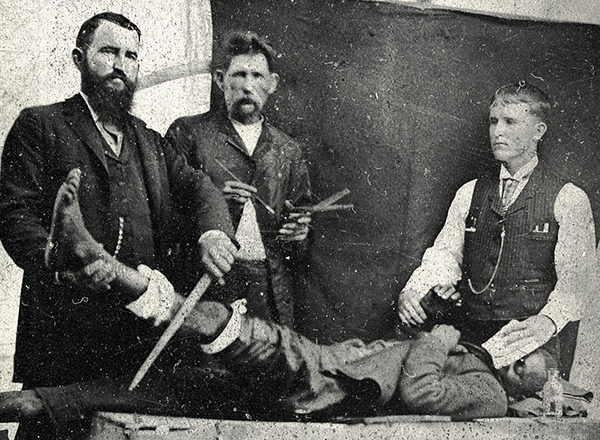Articles
The Journal of Black Research (JBR) is a publication of Black Researchers United L.L.C.
What is the purpose?
The purpose of the JBR is to serve as a repository of research by both aspiring and professional writers of Black African heritage.
In essence, this will be a platform for Black researchers to share their findings with research enthusiasts around the world. The lessons discussed in these articles will span a broad range of subjects in both history and science.
(more…)




